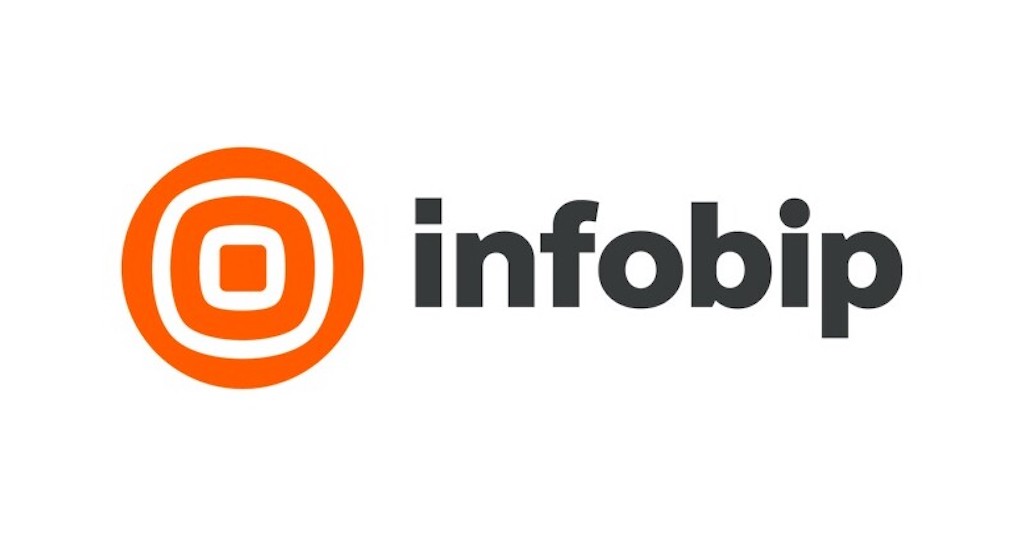By Guray Ozturk, Business Development Director of Infobip Malaysia
The past two years have undoubtedly taught businesses and consumers the need to adapt to new changes, such as embracing digital as a new way of maintaining our daily lifestyle and operations.
Since then, the great paradigm shift has shown an unprecedented and unforeseen growth that led e-commerce to be one of the primary growth engines for Malaysia’s economy.
Despite lockdowns, Malaysia has seen 3 million new digital consumers since the pandemic, with an internet economy valued at US$21B. Google anticipates that the overall Malaysia internet economy will likely reach US$35B in value by 2025.
Beyond the rise in adoption by consumers, the digital space has also opened an economic potential for businesses.
Google surveyed Malaysian businesses and found that 43% of digital merchants believe they would not have survived the pandemic if not for digital platforms, while 70% is expecting to increase usage of digital marketing tools in the next five years.
The government allocation of RM250 million to help entrepreneurs switch to digital services has also shown to benefit more than 500,000 local entrepreneurs, clearly showcased the potential economic growth through e-commerce.
However, this also presents another perspective, the economic potential that digital native consumers can bring to businesses.
Understanding this reality, businesses need to realise how a personalised experience that is unique for every customer can drive business differentiation which is a vital ingredient for businesses to leverage to drive growth.
Delivering a Personalised Experience Digitally and Engaging Customers the way they want to be – a Key Differentiator for Businesses today
Given the resumption of brick-and-mortar operations as the world enters an endemic phase, businesses are contemplating whether to pursue digital transformation and adapt to this new normal.
It is worth noting that as e-commerce grows to be part of consumers’ daily habits, businesses should consider engaging them where they are present digitally. This is especially important in a shopping environment where the entire customer journey is done virtually, which is increasingly competitive.
No doubt, customer engagement will inevitably impact a business’s profitability and this has changed even more since the rise of digital adoption.
Forbes shared 5 biggest customer experience (CX) trends in 2022, where providing superior customer experience is swiftly becoming the priority for brands to differentiate themselves from their competition. Similarly,
research by American Express also found that 60% of customers are willing to pay more for
a better customer experience.
Bringing that closer to home, a Forrester Consulting commissioned study by Infobip found that Malaysia has a customer experience (CX) score of 3.8, below the average APAC score of 3.9.
This score underlines the direct correlation of CX quality with customer retention and loyalty. Higher CX scores of 4.2 in Thailand and 4.1 in Indonesia found that brands from these two countries enjoy greater customer loyalty, thereby boosting advocacy, retention, and spending on the brand – all directly accelerating a business growth.
Can brands then be able to deliver a digital-first customer experience, and how customer engagement across various channels can be leveraged to maximise their success? We explore some approaches where businesses can deploy to improve their level of competitiveness and deliver personalised customer experience with the following considerations:
Ways Businesses can Utilise to Deliver a Digitally Personalised Customer Engagement Experience
Serve, Not Sell
Businesses need to bear in mind that customers are looking for brands that they can engage with on a human level. It is crucial for businesses to deliver valuable services and experiences to their audience, at the same time, build deeper relationships.
Bain and Company found that 80% of companies surveyed believe they provide a superior service. However, only 8% of customers surveyed believe they received superior service.
This significant disparity signals the need for brands to evaluate, proactively gather feedback to assess their service level quality to better serve customers.
An Infobip customer survey also found that 47% ignore impersonalised messages, while 74% felt they aren’t receiving personalised messages. It goes without saying that delivering a personalised service, which stems from understanding your customers’ needs for better service, is important for a business’s bottom line.
Provide a Personalised Content
If your business was to mass blast a promotional content without the right context and a personalised touch to it, the message would never get through to your audience.
By tailoring your message for the right context, it enables your brand to establish meaningful engagement opportunities with customers.
Not only that customers will perceive it as a tailored content for them, engaging your customers where and when they want (i.e. sending a message on channels they prefer) increases your opportunity to build lasting relationships for the long term.
A study by Forrester Consulting found that Malaysian’s top 3 preferred customer service touchpoints are online live chat, social media, and speaking to a human agent over the phone. Improving these touchpoints will enable brands to better serve and offer a personalised experience.
Dig into Data-driven Insights to understand your Customers
Executing strategies that are data-driven will be a huge factor in directing and building better customer relationships, this includes creating customers’ profiles based on their current and change in behaviours.
This helps businesses keep track of users across a growing number of devices and touchpoints – ultimately helping them to figure out how to efficiently deploy strategies that are most effective at driving sales.
Effective customer engagement is not limited to only understanding your audience’s behaviour, it is also enabling your customers to provide valuable feedback and insight that will be essential for a business growth.
This, in return, will increase customer retention and loyalty when they see you value their feedback and understand their needs. Given the competitive and saturated online landscape, it is 5 to 25 times more expensive to acquire a new customer than it is to keep an existing one.
Hence, listening to your customers via the right channel and engage them plays a crucial role in kickstarting the growth businesses need. Unfortunately, this is something that has often been overlooked.
The “State of the Connected Customer” report found that 66% of customers expect companies to understand their needs and expectations. Brands who leverage data and action on those insights will have an advantage to grow exponentially, especially in this digitally driven era.
Smart Segmentation to be a Focus
The ongoing global economic disruptions that the world is grappling, it has led to an influx of first-time online customers. Malaysia alone has seen an addition of 3 million new digital consumers since the start of the pandemic, in fact, 81% of all internet users are now consuming digital services.
In order to reach out to this varied database in a personalised manner, it is important to create look-alike segments, such as first-time visitors, new customers, and how to retain them.
This does not just enable a business to save time but also improves their capability in engaging various groups with the right contextual messaging.
Echoing that sentiment, a study by Infobip found that 51% of respondents agree communication became more important to them than ever since the pandemic, and one in five (20%) said they had switched brands due to the quality of communications.
A Data-driven Strategy key to Propel Businesses Forward
The above methodology is not a theoretical concept but has been proven to drive strong growth results even for large corporations who have experienced success in e-commerce or the internet economy, leveraging a strategic customer engagement system.
For example, in 11.11 event in 2021, Shopee reported that over 2.2 billion goods were sold in a single day, a 5.5x increase in the first 2-hours compared to a normal day.
This was due to the success of its customer engagement methods, such as Shopee Live – a platform that saw Malaysians spending 4.8 million hours and connecting with vendors as they watch their favorite celebrities via livestreaming.
According to Lazada’s Digital Commerce Confidence Index (DCCI) report, 76% of South- East Asia’s online sellers say they are optimistic about future growth despite a challenging operating environment.
Businesses are even looking to ramp up their inventories and staff levels as they gear up for 11.11 and 12.12, considering that Malaysia’s revenue in the e- commerce market is projected to reach US$10.12bn in 2022.
Moving Ahead: Where to start for Businesses New to This?
Today, consumers’ expectations of personalised interactions with the desire to be treated as unique individuals have moved from the physical to the digital space. Data indicates clearly that digital lifestyle is here to stay, and customers will be loyal to brands who can offer a personalised customer experience online.
Therefore, if businesses do not wish to be left behind in this current digitally driven space, then it is time to consider engaging the right tools and ecosystem of partners to create meaningful, personalised customer engagements that will potentially drive their bottom line.
MARKETING Magazine is not responsible for the content of external sites.











